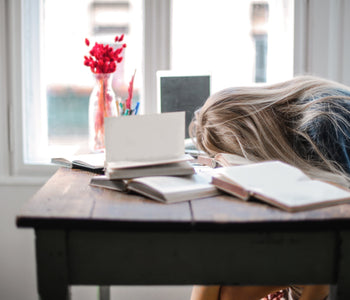December 18 2020
Sleep Myths and Facts demystified

Myth:Men and women are affected the same way by insomnia.
Fact: Insomnia is nearly twice as common in women than in men, and women are more likely than men to report insomnia to their healthcare professional. A woman’s sleep is uniquely influenced by menstrual cycle, biological life stage, stress level, health, mood, parental status, work hours and other life responsibilities.

Myth:Exercising before bed will make me tired, and help me sleep.
Fact: Exercise can be helpful for good sleep, especially when done regularly in the morning or afternoon and not too close to bedtime. If you don’t exercise regularly, add good sleep to a long list of reasons why you should take up the practice.
However, sleep experts have cautioned people to avoid strenuous exercise right before sleep and even up to three hours before bedtime. That’s because exercise has an alerting effect and raises your body temperature.
This rise leads to a corresponding fall in temperature five to six hours later, which makes sleep easier then. If you’ve been exercising close to bedtime and having trouble falling or staying asleep, try to arrange your workout earlier in the day.

Myth:I can use alcohol or wine as my sleep aid - it will help me get to sleep faster.
Fact: Sleep medications should not be used with alcohol or other drugs. Sleep aids should also not be taken before driving or operating machinery, or before taking a bath or shower, among other things. Always follow your healthcare professional’s instructions about how to take, when to take, and how long to take sleep aids.
Some people feel that alcohol is a sleep aid on its own. However, while alcohol may calm you and speed the onset of sleep, it actually increases the number of times you awaken during the night.

By listening to Speed Sleep repeatedly you will quickly:
Achieve deep sleep within minutes
Awaken refreshed, even during the day, from a 25 minute Speed Sleep nap
Discover new sources of physical energy and mental sharpness
Minimize the effects of jet lag when traveling


